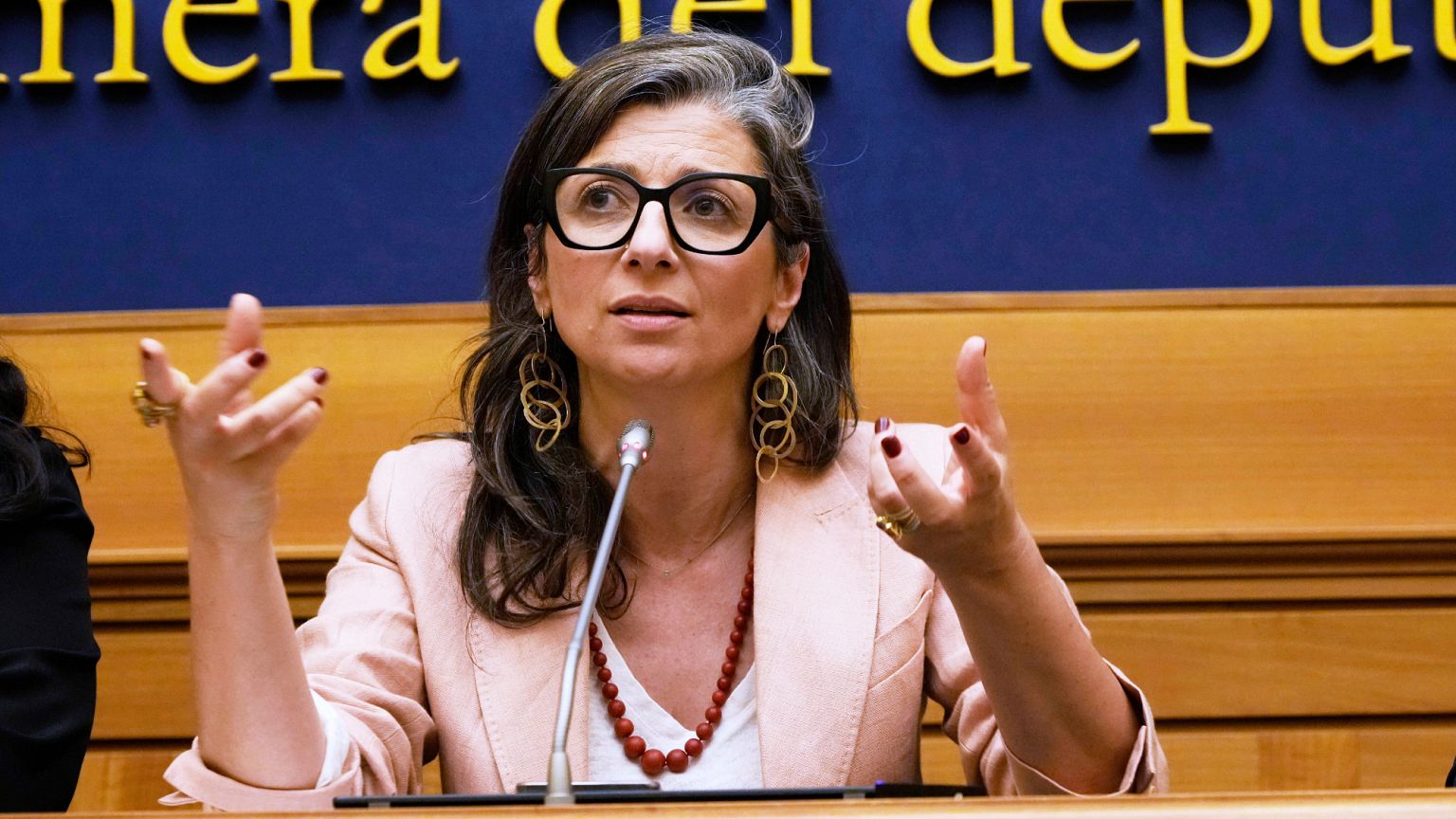The Italian Parliament recently hosted the presentation of a pivotal report by UN Special Rapporteur for the Occupied Palestinian Territories, Francesca Albanese, a figure recently sanctioned by the United States. Albanese frames these sanctions not merely as a personal attack but as a direct assault on the fundamental principles of multilateralism, suggesting a broader implication for international cooperation and human rights advocacy.
At the heart of Albanese’s comprehensive investigation, spanning several months, is the uncovering of what she terms “the logic of profit.” This concept posits that economic gain is a significant underlying factor perpetuating the ongoing conflict in Gaza, where the immense human suffering is tragically intertwined with corporate interests. Her work meticulously details how certain entities benefit financially from the conflict’s continuation.
Her latest report meticulously identifies 48 companies, which she presents as illustrative of a systemic issue. These corporations, she argues, initially supported the economy of the Israeli occupation, thereby eroding the Palestinians’ ability to exist as a distinct people with fundamental rights or as a state.Alarmingly, her findings suggest these same entities are now profiting from what has evolved into an “economy of genocide,” a notion Albanese finds utterly intolerable.
During a significant conference at the Senate, Albanese articulated her perspective on Italy’s perceived complicity in the unfolding humanitarian crisis. She vehemently asserted that matters of justice and the rigorous defense of international law transcend political affiliations. Highlighting the unequivocal clarity of legal precedents, she referenced the International Court of Justice’s January 2024 recognition of the palpable risk of genocide, underscoring the subsequent obligations of the Italian government.
Albanese critically observed that Italy stands apart from other European states due to its silence in the face of what she identifies as genocide. She expressed regret, as an Italian citizen, that the government has become one of the most steadfast proponents of its partnership with the State of Israel. Her investigation casts a spotlight on the military industry, citing companies like Leonardo, alongside Italian universities and various other entities currently under her scrutiny.
The Rapporteur also brought to light a profound “crisis of credibility” within the corporate sector. She contended that claims of adherence to due diligence are often mere public promises, frequently unsupported by tangible actions. This fundamental inconsistency, she stressed, transcends a simple moral quandary, pointing to a deeper systemic issue within corporate responsibility frameworks and their practical application in conflict zones.
Albanese personally reflected on the immense cost of her recently concluded investigation, emphasizing her unwavering commitment to defending legality. She voiced her hope that she would be the last international official to endure such punitive measures, reiterating her belief that these sanctions represent an assault on the very core of multilateralism. Drawing upon her southern Italian heritage, she powerfully linked this experience to understanding how a “mafia logic” of silence enables such injustices to prevail.
Furthermore, the report extends its critical examination to the technology sector, scrutinizing companies that have sold products initially designed for civilian applications but subsequently utilized in military operations. To establish accountability and ultimately halt the conflict, the report emphatically calls for the private sector to be held responsible and for international law to be rigorously applied to ascertain the facts and ensure justice prevails.
However, Albanese’s presentations have not been without strong opposition. Davide Romano, director of the Jewish Brigade Museum, sharply criticized her participation in the conferences. Romano linked her presence to a recent attack in Milan involving two French citizens of Jewish origin, denouncing the invitation as an “inappropriate gesture” and expressing concern that her report contributes to a climate of hatred.






Leave a Reply